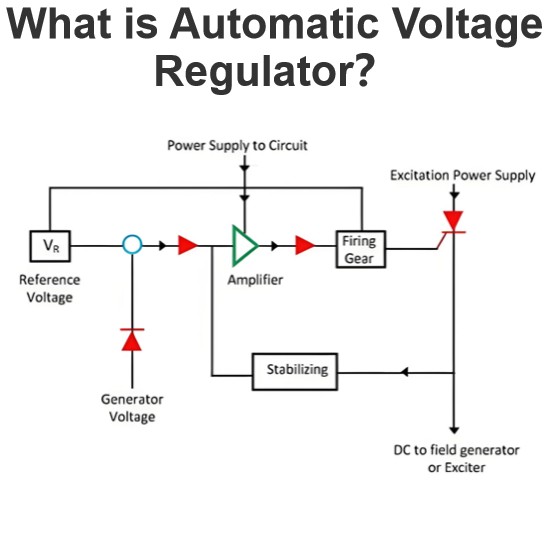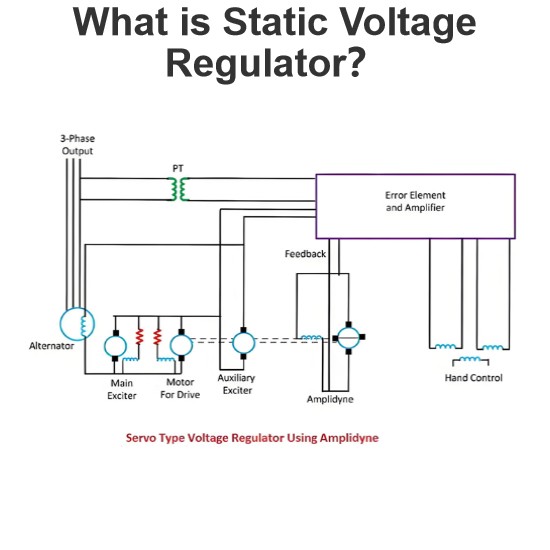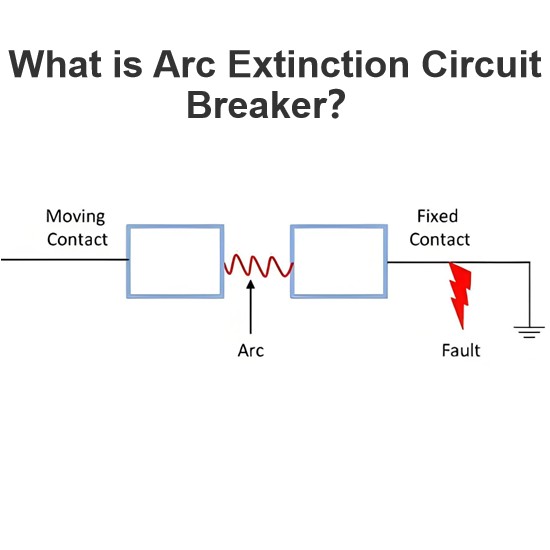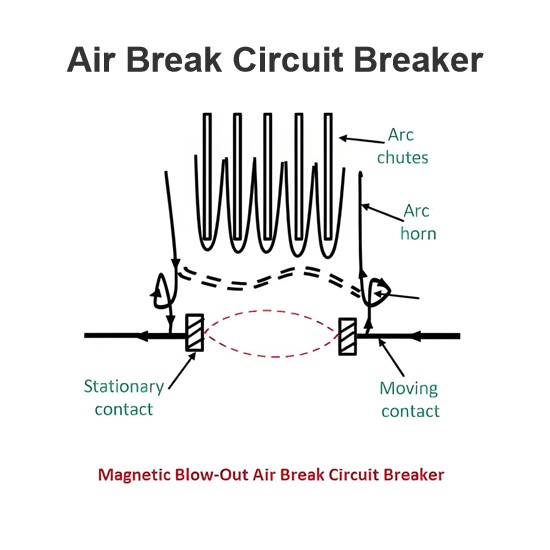Why is an earth mat important in electrical systems?
Importance of Grounding Pads in Electrical Systems
A grounding pad (or grounding electrode) is a critical component in electrical systems, used to connect equipment or structures to the earth. It plays a vital role in ensuring the safety and reliability of electrical systems. Below are several key reasons why grounding pads are important in electrical systems:
1. Protecting Personal Safety
Preventing Electric Shock: By connecting the metal enclosures of electrical equipment to the earth, grounding pads effectively direct any accidental leakage current to the ground rather than through a person. If a device fails or its insulation is damaged, the leakage current will quickly flow through the grounding path to the earth, preventing electric shock.
Eliminating Static Electricity Accumulation: In certain environments, static electricity accumulation can cause dangerous sparks, especially in flammable or explosive areas. Grounding pads help eliminate static buildup, preventing static discharge that could lead to fires or explosions.
2. Protecting Equipment and Facilities
Preventing Overvoltage Damage: Lightning strikes, power system faults, or other external factors can cause transient overvoltages (such as surges). Grounding pads provide a low-impedance path to rapidly release these overvoltages to the earth, protecting sensitive electronic devices and power systems from damage.
Reducing Electromagnetic Interference (EMI): Grounding pads help reduce electromagnetic interference between electrical devices. By grounding the enclosures and circuits of equipment, they effectively suppress electromagnetic radiation and noise propagation, ensuring stable system operation, especially in fields like communications, medical equipment, and industrial automation where electromagnetic compatibility is crucial.
3. Stabilizing Voltage Levels
Providing a Reference Potential: Grounding pads offer a stable reference potential (i.e., "zero potential") for electrical systems, which is essential for ensuring proper circuit operation. All voltage measurements and controls in electrical devices are made relative to this reference potential. Without proper grounding, voltage fluctuations can lead to device malfunctions or failures.
Balancing Three-Phase Systems: In three-phase power systems, grounding pads help balance the voltages across phases, preventing voltage imbalances caused by asymmetrical loads. This improves system efficiency and extends the lifespan of equipment.
4. Enhancing System Reliability
Preventing Ground Faults: In complex electrical systems, grounding pads can quickly detect and isolate ground faults. When a fault occurs in a particular section, the grounding system immediately triggers protective devices (such as circuit breakers or relays) to cut off the faulty circuit, preventing the fault from spreading and ensuring continuous system operation.
Supporting Fault Location: A well-designed grounding system helps technicians accurately locate and diagnose electrical faults. By analyzing the distribution and changes in grounding currents, they can quickly identify fault points, reducing downtime and repair costs.
5. Compliance with Regulations and Standards
Meeting Safety Codes: Many national and regional electrical safety regulations (such as IEC, NFPA, OSHA, etc.) require electrical systems to have reliable grounding measures. The design and installation of grounding pads must comply with relevant standards to ensure system safety and compliance.
Insurance Requirements: Some insurance companies require electrical systems to have appropriate grounding protection as a prerequisite for coverage. A good grounding system not only reduces risks but can also lower insurance premiums.
6. Environmental Protection
Preventing Soil Contamination: In some cases, grounding pads can help prevent soil contamination. For example, in chemical plants or oil storage facilities, grounding pads can quickly direct any leakage current to the earth, preventing the current from polluting the soil and groundwater.
Summary
Grounding pads play an indispensable role in electrical systems, ensuring personal safety and the integrity of equipment while enhancing system stability and reliability. By providing a low-impedance path to the earth, grounding pads effectively prevent electric shocks, overvoltage damage, electromagnetic interference, and ensure the proper operation of electrical systems. Additionally, proper grounding design complies with regulatory requirements and contributes to environmental protection and insurance compliance.
The Electricity Encyclopedia is dedicated to accelerating the dissemination and application of electricity knowledge and adding impetus to the development and innovation of the electricity industry.













